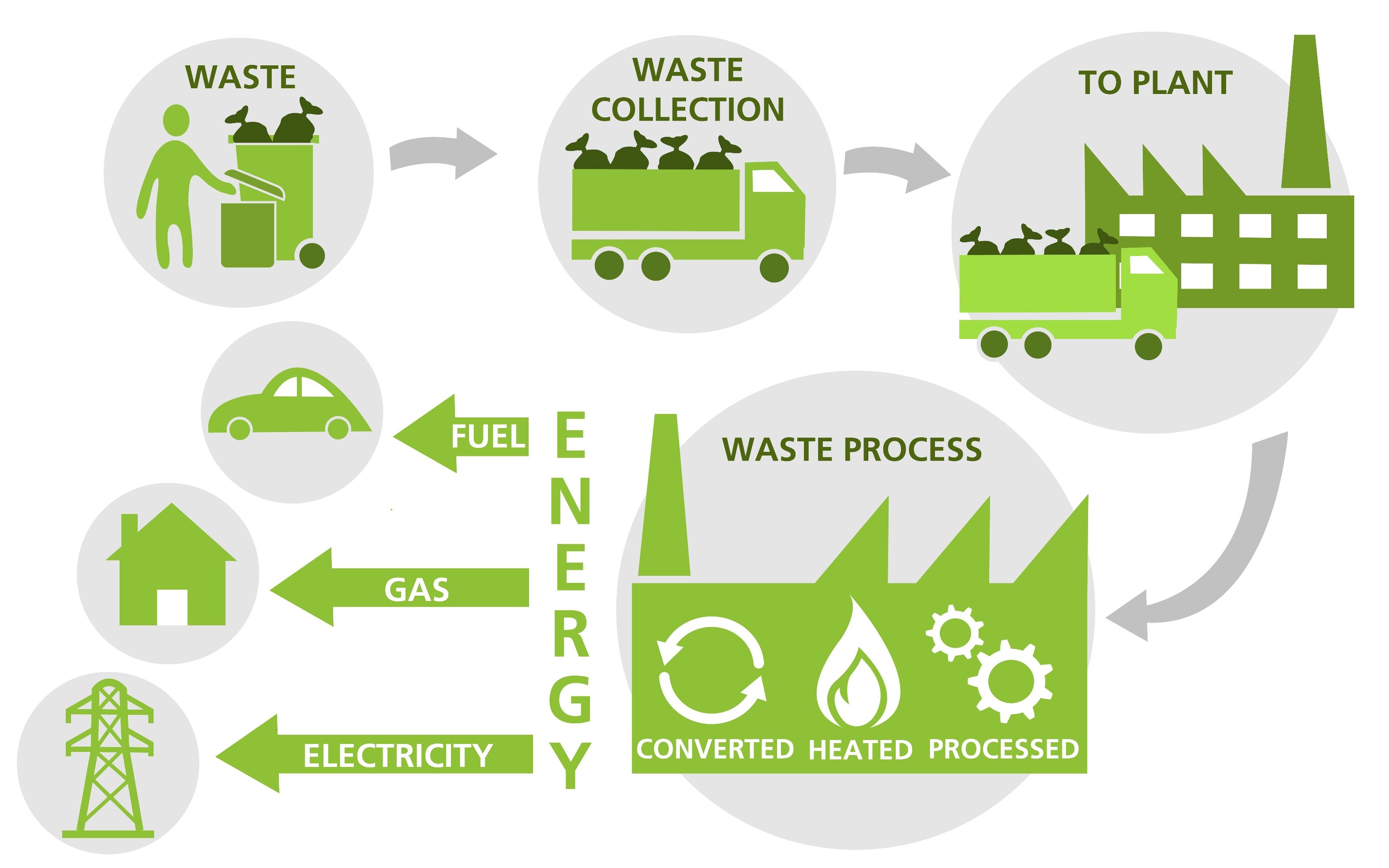Solid Waste Management
- Solid waste are any unwanted and useless solid materials generated from different domestic, trade, commercial, agricultural and industrial activities
- It refers to any garbage, rubbish, sludge and other rejected solid and semi-solid materials obtained from different industrial, commercial, household or other activities.
- These are non-liquid and non-gaseous wastes (durable goods, non-durable goods, containers and packaging, food scraps, yard trimmings, miscellaneous inorganic wastes, construction waste etc.)
- Garbage: Includes food waste and other degradable organic wastes
- Rubbish: Includes combustible and non-combustible solid wastes, except food waste
- Refuse: Includes both garbage and rubbish
- Litters: Includes paper bits, discarded wrappings, bottles etc.
- Depending on the source of waste, solid wastes can be mainly divided into three categories. They are
- Municipal solid waste: It excludes industrial hazardous wastes but mainly includes:
- Domestic waste
- Commercial waste
- Community waste
- Construction waste
- Institutional waste
- Industrial solid waste: Also known as hazardous waste as it may include toxic substances
- Biomedical waste/hospital waste: Discarded medicines, chemical substances, disposable syringes, swabs, bandages etc.

